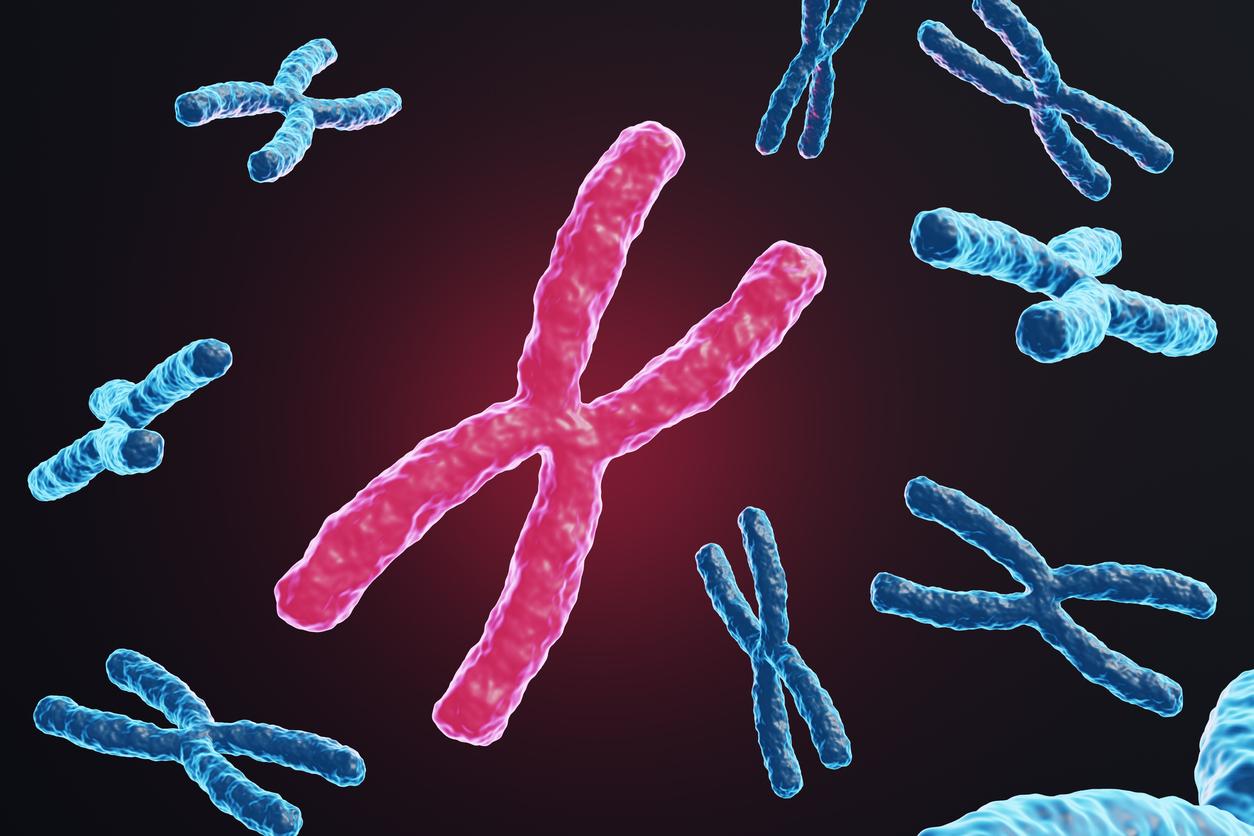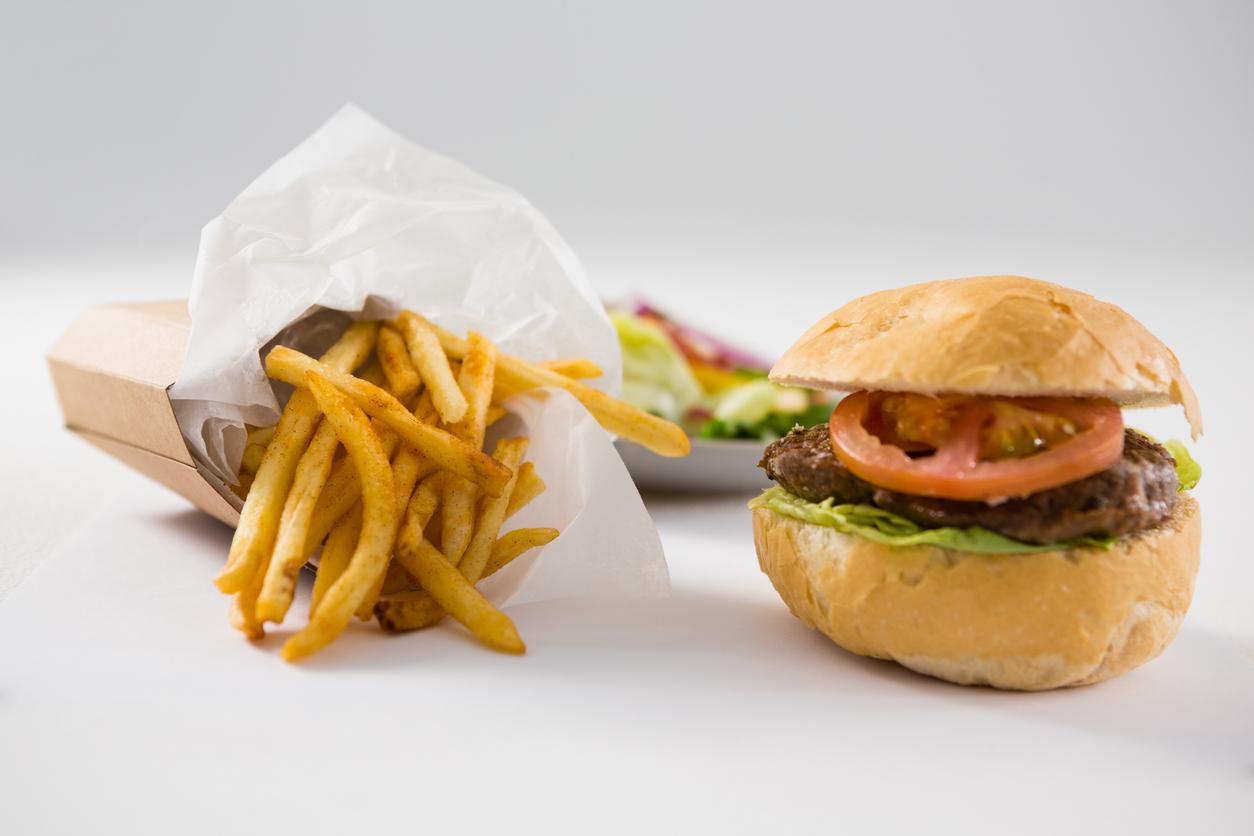A new preclinical trial has just shown that the activation of the GPR139 receptor in the brain would reduce excessive alcohol consumption and the pain of withdrawal.

Activation of the GPR139 receptor in the brain would reduce excessive alcohol consumption and the pain of withdrawal, according to new preclinical research in male rats. These results, published in in Euro hope to develop a new approach in the treatment of alcohol use disorders.
More than a third of approved pharmaceutical drugs target G protein coupled receptors (GPCRs) in the brain. A receptor belonging to this family, GPR139, is highly expressed in the habenula, a region of the brain that plays a critical role in craving.
Craving, “a powerful or compulsive desire to use a psychoactive substance”
In the most recent edition of the International Classification of Diseases, craving is defined as “a strong or compulsive desire to use a psychoactive substance” when you do not want it at the time. This symptom is part of the criteria for dependence on a substance but is not necessarily required to qualify the existence of an addiction. The craving can persist for weeks or even months after stopping the substance, and can occur at any time.
It can be induced by stimuli associated with the use of the substance. For example, walking past the “alcohol” section of a supermarket can trigger an episode of craving, such as stress and negative emotions. Most researchers consider craving to be a strong predictor of resumption of the problematic substance.
Based on these observations, Olivier George, a researcher at the Scripps Research Institute (TSRI), and his colleagues found that activation of GPR139 reduced alcohol consumption and restored thresholds for pain sensitivity in dependent rats. ‘alcohol. This study is the first to establish the effect of the manipulation of GPR139 on alcoholic behavior and provides avenues for developing new drugs against alcohol dependence.
Nevertheless, the scientific literature is increasingly prolific when it comes to associations between the brain and alcohol dependence. New research has just demonstrated that the amygdala could explain why some people (on average 15% of the general population, Editor’s note) would be more at risk of becoming alcoholics than others. These people would produce the inhibitory neurotransmitter GAT3 too weakly, and would therefore be more sensitive to the addictive effects of alcohol.
The metabolisms of rats, very similar to those of humans
To achieve these results, the researchers also carried out tests on rats, known to have metabolisms very similar to those of humans. The animals were given the choice between consuming sugary water or drinking alcohol. After a while, the subjects mostly preferred sugar water to alcohol, except 15% of them. The latter persisted in their choice, even when the scientists gave them an electric shock to their paw whenever they preferred alcohol to sugar water. “One of the fundamental characteristics of addiction is that you know it is going to harm you, if not kill you, and yet you keep doing it,” says Markus Heilig, director of the Center for Social and Affective Neuroscience. Once it was established that 15% of the rats were addicted to alcohol, the researchers studied their brains.
As a result, the GAT-3 protein gene was expressed at much lower levels in all of their tonsils. The team then transposed this discovery to deceased humans. In people with documented alcohol dependence, GAT-3 levels in the amygdala region were again lower than in nonalcoholic subjects.
Alcohol lobby
In France, excess alcohol continues to kill in large quantities, despite a drop in consumption over the past 50 years, with 49,000 deaths each year. Alcohol is responsible for 36,500 deaths in men, which represents 13% of total male mortality, and 12,500 deaths in women, or 5% of total mortality. Excessive consumption leads to hepatic, cardiovascular, neurological and cancer complications.
Put under pressure by the Elysee, the alcohol lobby presented on Wednesday June 27 its “contribution” to the plan to fight alcoholism. The latter is part of the national public health plan carried by the Minister of Health Agnès Buzyn. Among the 30 measures proposed, most have in their sights the culture of “binge drinking“(” express biture “) very common among young people and fetal alcoholism which affects 700 to 1000 births per year.

.

















